Does Nitrogen Narcosis Impairment Persist?
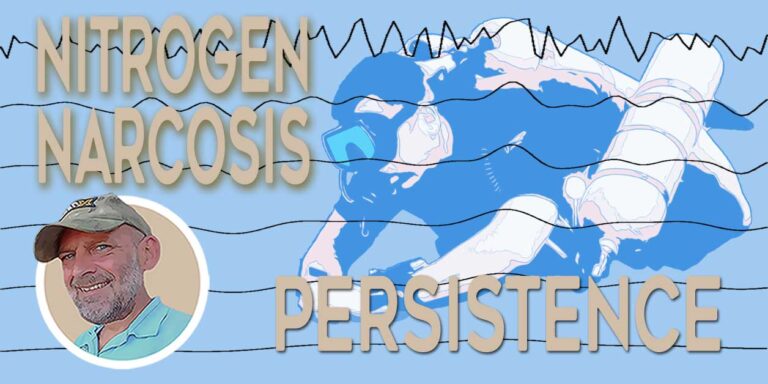
A new study on nitrogen narcosis challenges the long held presumption that nitrogen narcosis impairment dissipates immediately on ascent from depth.

Articles for beginner to expert scuba divers

Articles for beginner to expert scuba divers

A new study on nitrogen narcosis challenges the long held presumption that nitrogen narcosis impairment dissipates immediately on ascent from depth.
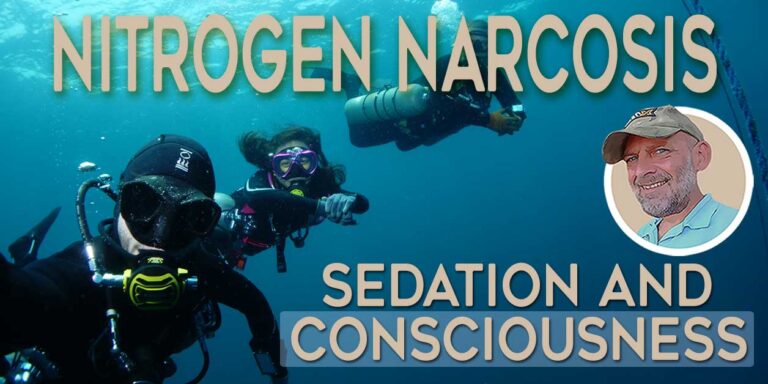
Nitrogen narcosis sedation is diminished consciousness: not the alcohol-like intoxication many divers are taught.

The three benefits of nitrox as a breathing gas for scuba diving. Is it worth the cost of training and more expensive cylinder fills?

An explanation of the Scuba Gas Laws for Diving. Boyle's Law, Henry's Law, Charles Law, Dalton's Law, Oxygen Toxicity & Partial Pressures.
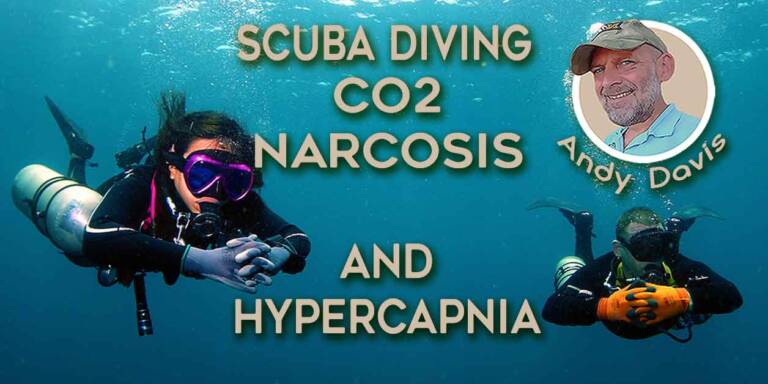
Did you know that mild CO2 retention (hypercapnia) causes acute CO2 narcosis symptoms when you are diving? Don't assume it is nitrogen!
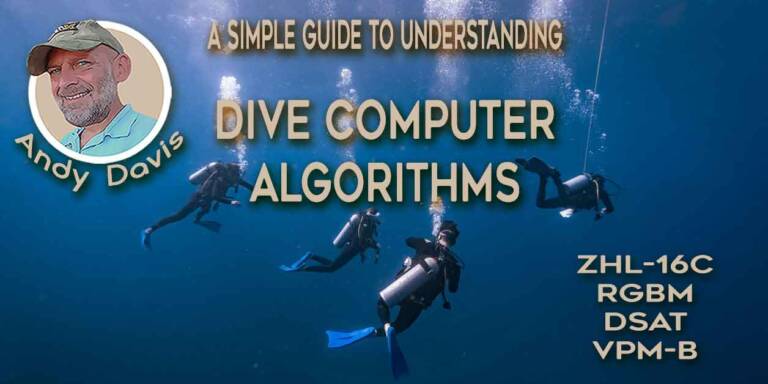
Not all dive computer algorithms are created equal. Learn the differences and make an informed decision when buying your next dive computer.

Find out the three reasons why divers use helium in their breathing gas to increase diving safety. Scuba agencies have differing policies on training for helium diving.
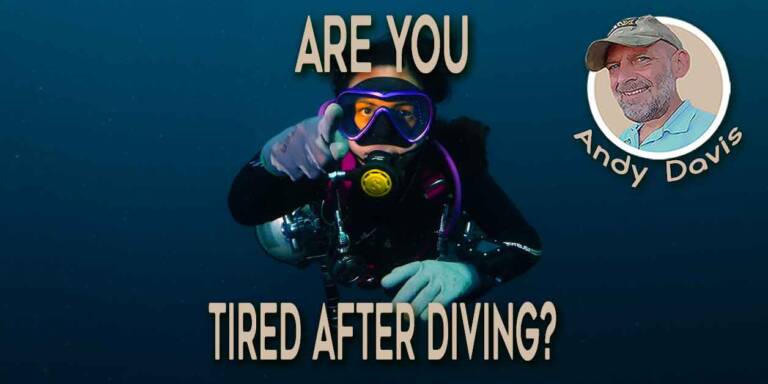
Do you feel tired after diving? Read this article to understand what REALLY causes post-dive fatigue & the simple steps needed to avoid it!
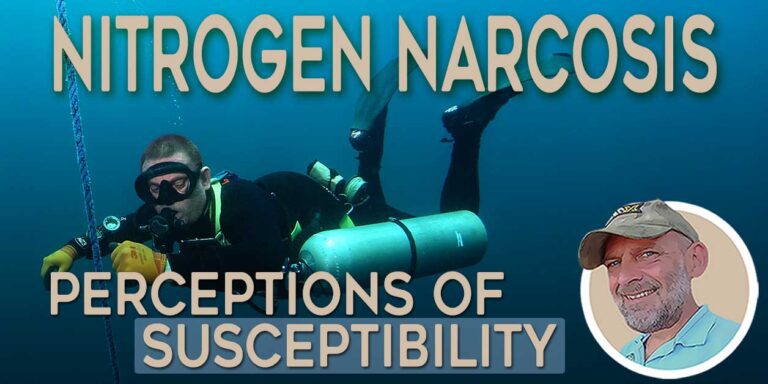
How do scuba divers perceive nitrogen narcosis? Is it possible to gauge your susceptibility to narcosis & make sound judgments to manage it?

Discover the pros & cons of redundant computers versus backup bottom timers & tables in technical diving. Which option is best for you?